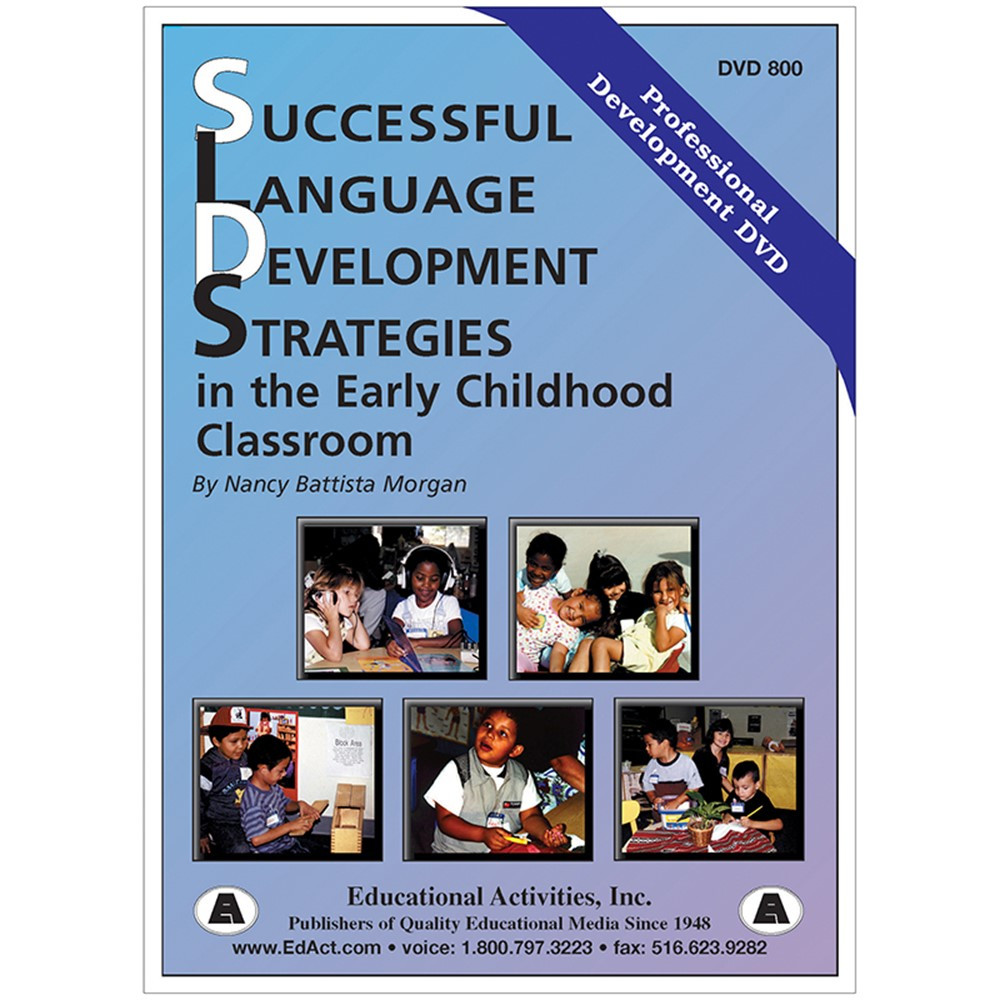
Cultivating Fluent Communicators: Language Development Strategies
Language development is a crucial aspect of a child’s early years, laying the foundation for effective communication and literacy. Implementing effective language development strategies is key to nurturing fluent communicators and supporting children on their journey to becoming skilled language users.
Understanding the Importance of Language Development
Language development is more than just learning words; it encompasses the ability to comprehend and express thoughts, ideas, and emotions. Early language skills serve as the building blocks for future academic success and social interactions. Understanding the significance of language development is the first step toward implementing effective strategies.
Encouraging Early Communication
Early communication lays the groundwork for language development. Parents and caregivers play a vital role in creating a supportive environment where children feel encouraged to express themselves. Responding positively to babbling, gestures, and early attempts at communication reinforces a child’s sense of connection and the importance of language.
Creating a Language-Rich Environment
Surrounding children with a language-rich environment is essential for language development. Reading books, engaging in conversations, and exposing children to a variety of words and expressions enhance their vocabulary and comprehension skills. The more immersed children are in a language-rich atmosphere, the more naturally they acquire language.
Promoting Active Listening Skills
Active listening is a fundamental aspect of language development. Encouraging children to actively listen to spoken language enhances their ability to understand and interpret information. Engaging in conversations where children are encouraged to listen and respond fosters the development of effective communication skills.
Utilizing Play as a Language Tool
Play is a powerful tool for language development. Through imaginative play, children explore new vocabulary, practice forming sentences, and engage in storytelling. Play-based activities create a context where language becomes a natural and enjoyable part of the learning process, promoting both cognitive and linguistic development.
Introducing Multilingual Experiences
Exposing children to multilingual experiences can significantly benefit language development. Learning more than one language enhances cognitive flexibility and opens doors to different cultural perspectives. Whether through immersion programs, bilingual books, or language-focused activities, incorporating multilingualism enriches a child’s linguistic skills.
Incorporating Technology for Language Learning
In the digital age, technology can be a valuable ally in language development. Educational apps, interactive games, and online resources designed for language learning provide additional opportunities for children to practice and reinforce language skills. Thoughtful integration of technology can complement traditional methods and engage tech-savvy learners.
Supporting Speech Development
Speech development is a crucial aspect of language acquisition. Addressing speech delays or challenges early on ensures that children can express themselves clearly. Working with speech therapists, if necessary, and incorporating speech-focused activities into daily routines contribute to effective speech development.
Fostering a Love for Reading
Reading is a cornerstone of language development. Introducing children to books from an early age fosters a love for reading and expands their language repertoire. Reading together creates bonding moments while exposing children to different writing styles, genres, and narrative structures.
Language Development Strategies at igaseng.com
Explore a wealth of language development strategies at www.igaseng.com. Discover resources, activities, and insights that empower parents, educators, and caregivers in fostering effective language development in children. Cultivate fluent communicators through intentional and engaging language experiences, setting the stage for a lifetime of successful communication and literacy.



